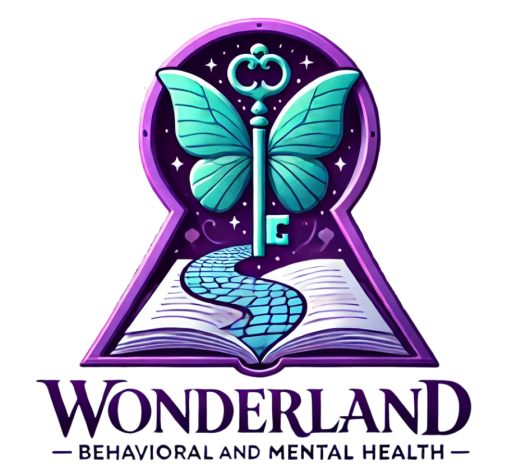Depression can affect individuals at any stage of life, including young children, adolescents, and young adults. However, its symptoms often manifest differently depending on developmental stage. Understanding how depression presents in each age group can help caregivers, educators, and mental health professionals recognize when intervention is needed.
Preschool Age (3-5 Years Old)
While depression in very young children is often overlooked, it can significantly impact their emotional and social development. Signs to watch for include:
- Persistent sadness or irritability
- Loss of interest in play and activities they once enjoyed
- Frequent unexplained physical complaints (stomachaches, headaches)
- Excessive clinginess or separation anxiety
- Changes in sleep or appetite
- Social withdrawal or difficulty engaging with peers
Elementary School Age (6-10 Years Old)
As children grow, their ability to express emotions improves, but depression can still present in less obvious ways. Symptoms may include:
- Low self-esteem or frequent self-criticism
- Increased sensitivity to rejection or failure
- Frequent fatigue or low energy
- Difficulty concentrating in school
- Unexplained aches and pains
- Loss of interest in friends, hobbies, or school activities
- Mood swings, including increased anger or frustration
Middle School Age (11-13 Years Old)
The transition to adolescence brings hormonal and social changes that can exacerbate symptoms of depression. Signs of depression in middle schoolers include:
- Increased withdrawal from family and friends
- Persistent sadness or hopelessness
- Declining academic performance or lack of motivation
- Increased irritability, frustration, or angry outbursts
- Engaging in self-harm (cutting, burning, scratching)
- Sleep disturbances (insomnia or excessive sleeping)
- Changes in eating habits, such as overeating or loss of appetite
High School Age (14-18 Years Old)
Teenagers face immense academic, social, and emotional pressures, making them particularly vulnerable to depression. Common symptoms include:
- Feelings of worthlessness or excessive guilt
- Increased risky behaviors (substance use, reckless driving, unsafe sex)
- Persistent sadness or anxiety
- Loss of interest in previously enjoyed activities
- Social isolation or strained relationships
- Self-harm or suicidal thoughts
- Unexplained physical symptoms
College Age (18-22 Years Old)
The transition to adulthood, increased academic demands, and new responsibilities can make college-age individuals particularly susceptible to depression. Symptoms may include:
- Persistent feelings of loneliness, isolation, or homesickness
- Difficulty managing daily tasks and responsibilities
- Chronic fatigue or low energy
- Loss of interest in academic or social activities
- Increased reliance on substances (alcohol, drugs) to cope
- Difficulty maintaining relationships
- Suicidal thoughts or behaviors
When to Seek Help
Depression is a serious mental health condition that should not be ignored at any stage of life. If you or someone you love is experiencing symptoms of depression, it is essential to seek professional support. Early intervention can significantly improve long-term outcomes and provide the tools necessary to manage depression effectively.
If you are concerned about your child, teen, or young adult, reaching out to a mental health professional for an evaluation is a vital first step. Support, whether through therapy, medication, or lifestyle changes, can make a significant difference in helping them regain a sense of well-being.
For more information or to schedule a consultation, click here.

